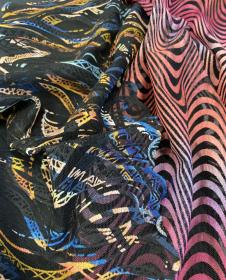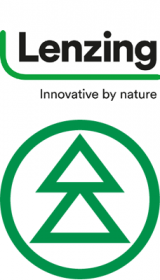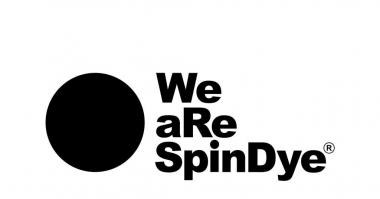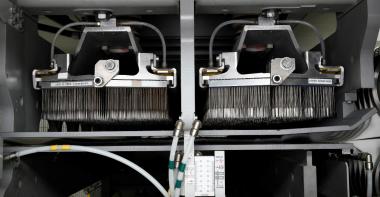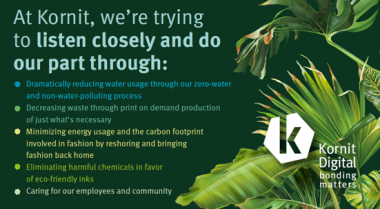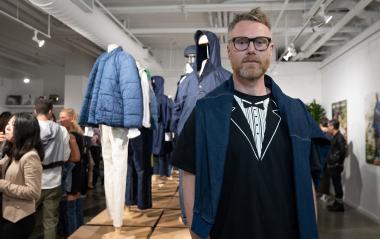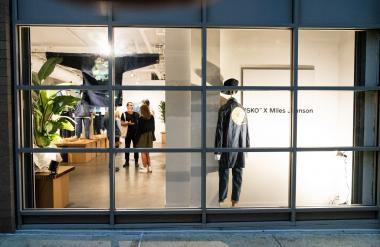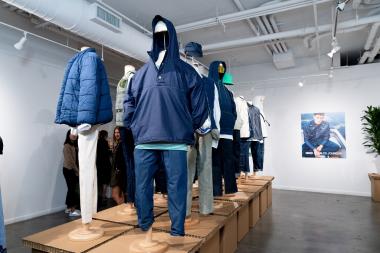Iluna Group with sustainable Collection at Interfilière Paris
As the role of lingerie in fashion and athleisure continues to augment, the desire for garments that will meet a new set of values for contemporary consumer lifestyles will flourish. Iluna Group comes back to Interfilière Paris with an important goal: to relaunch the qualities and dimensions of sustainability.
Iluna’s new path begins with the investment in the renewal of machines, which allow it to fly higher in terms of high-tech developments, quality, definition, effects of yarns and patterns. The journey into the new dimension of responsible quality continues with ad hoc developments in the field of GRS (Global Recycled Standard) certified recycled yarns, aimed at unprecedented effects both in look, in performance and in the hands of fabrics. The cord yarn is a precious yarn with a ROICA™ EF premium stretch yarn core, GRS certified and developed with 50% of pre-consumer waste materials content - double, covered with an equally recycled shiny thread; the bright and translucent is instead to add brilliant effects so far not possible with a GRS yarn.
The printing processes are also born from this constant search for innovation towards new materials and new techniques, becoming more and more sustainable: Global Recycle Standard (GRS)-certified sublimation printing and register printing carrying Global Organic Textile Standard (GOTS) certification.
Iluna Group / GB Network


